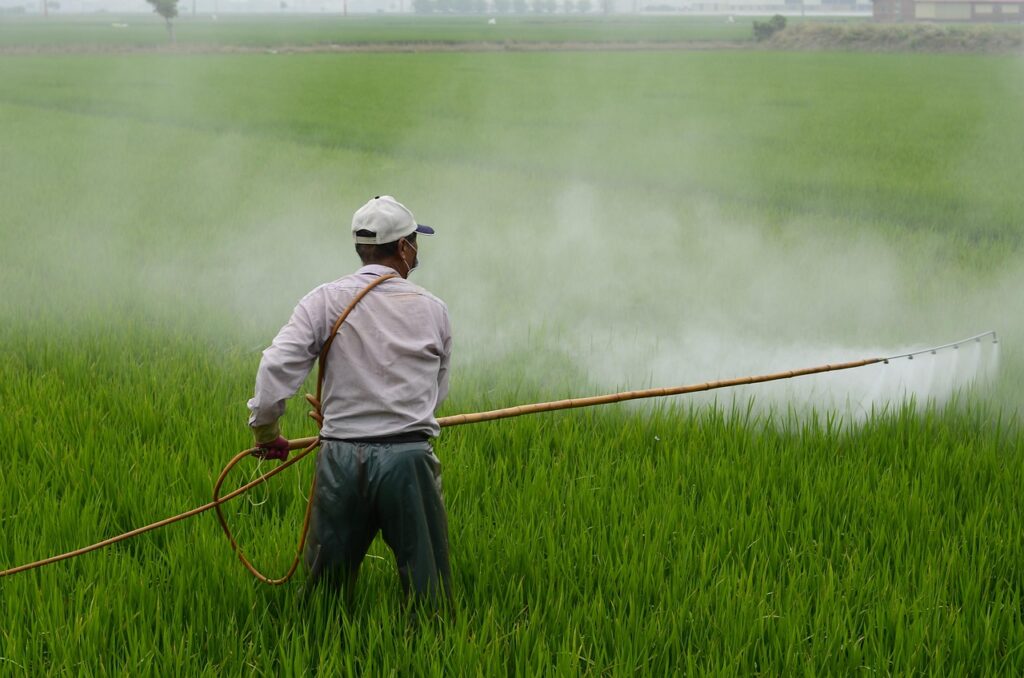Nitrogen dioxide (NO2) levels have fallen dramatically across the world as governments introduce tough restrictions on transport to tackle the coronavirus pandemic. However, a scientist is warning that long-term, Covid-19 may be bad news for air quality and the environment.
He also writes a weak global economy threatens investment in renewable energy sources, particularly given the availability of cheap oil.
He adds that there is also a risk that environmental policies will be relaxed during this time of crisis, as is already starting to happen in the US.
The lockdown won’t necessarily have any long-term benefits for climate change, either, writes Dr da Silva. He says that unlike many other air pollutants, COâ‚‚ exists in the atmosphere for around a hundred years. That means a short-term drop in emissions won’t cause a decrease in its atmospheric concentration.
However, he hopes that the pandemic will provide important scientific information on the impacts of air pollution. For example, reductions in air polltion during the 2008 Beijing Olympics was used to show that air pollution was linked to poor cardiovascular health and low birth weight.
In the piece, he calls for widespread structural change or else we ‘won’t be breathing easier for long’.
Last week, Air Quality News analysed Department for Energy, Food and Rural Affairs (Defra) monitoring data for nitrogen dioxide (NO2) in London, Leeds, Manchester, Cardiff, Edinburgh, Liverpool, Bristol and Newcastle, comparing yesterday (March 24) with the same day last year (March 26), finding big reductions in emissions.
Edinburgh saw the largest drop in concentrations from a daily average of 74µg/m3 im 2019, to 28µg/m3 , as regular commuters worked from home and only essential workers were permitted to travel into the Scottish capital to do their job.
London Westminster also saw a massive decrease in NO2 emissions, from 58µg/m3 in 2019 to 30µg/m3.
Despite the fall in NO2 emissions, citizens in UK cities were warned by European health experts that exposure to air pollution could increase their risk of dying from Covid-19.
The warning came from the European Public Health Alliance (EPHA), who say that doctors are starting to link higher death rates for Covid-19 to illnesses caused by air pollution such as high blood pressure, diabetes and certain respiratory illnesses.
EPHA has highlighted a 2003 study on victims of the coronavirus SARS found that patients in regions with moderate air pollution levels were 84% more likely to die than those in regions with low air pollution.

















I read your blog. Having very use full information help me a lot. I will read more articles on your blog.
Thanks for magnificent information I was looking for this info for my mission.
Thank you for sharing superb informations. Your web site is very cool. I am impressed by the details that you’ve on this website
Interesting insights! The 2020 lockdowns provided temporary relief to the air conditions. As economies gradually recover now, things are getting back to pre-pandemic levels. Structural changes are the need of the hour, especially since covid-19 strongly attacks vulnerable population. People with lung problems have lesser chances of getting healthy, or at the risk of sounding morbid; even surviving.
Good One, Keep posting more. Your blog well explained about sophisticated healthcare solutions. Here, I also like to share the best Andrology Consultant in Madurai who provides the best solution for male infertility-related problems.
Know More >> http://www.basismensclinic.com/
Hello there, very interesting and informative article!! One of the best andrology consultants in Madurai is Basis Men’s Clinic.
great post https://thammyxinh.vn/hoc-nghe-spa-chuyen-nghiep-tiem-nang-hay-thach-thuc/
With regard to new evidence, Dr. da Silva “hopes that the pandemic will provide important scientific information on the impacts of air pollution.” Nice if it’s possible to do reliable studies, but with so many other things (diet, exercise, whatever) changing in these days of lock-down, it will be difficult to attribute changes in health to changes in air pollution specifically. I doubt the the kind of time series studies often used to show effects of pollution during ‘natural experiments’ like the Beijing Olympics will be sufficient.
The work highlighted by EPHA seems more promising, that air pollution is one cause of many of the underlying diseases / conditions which makes people vulnerable to COVID-19; and so the effects of past air pollution have exacerbated the effects of the virus – an indirect but still an important effect of past exposure.
Couple of points related to eachother. Firstly, presumably the current data readings represent society’s de minimis climate and AQ impact. Could ways be found (if not already in place) to begin to understand segmental impacts? Secondly, when it comes to lifting lockdown and re-mobilising the economy would that not be an ideal opportunity to examine segmental impacts eg. restart certain production functions first, then mobilise office based commutes in some kind of priority order until to try to understand each segment’s footprint impact.